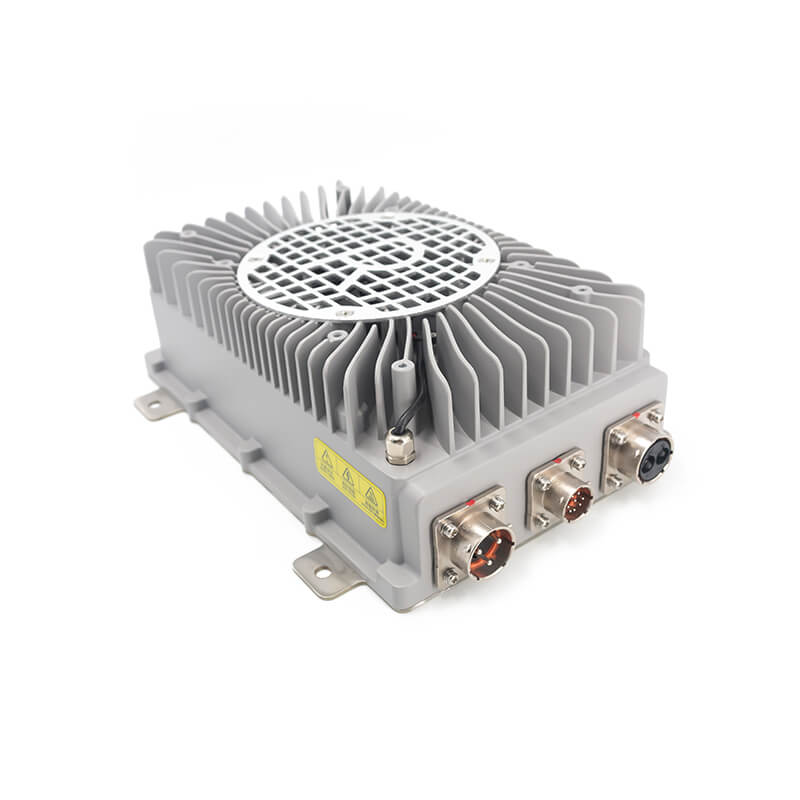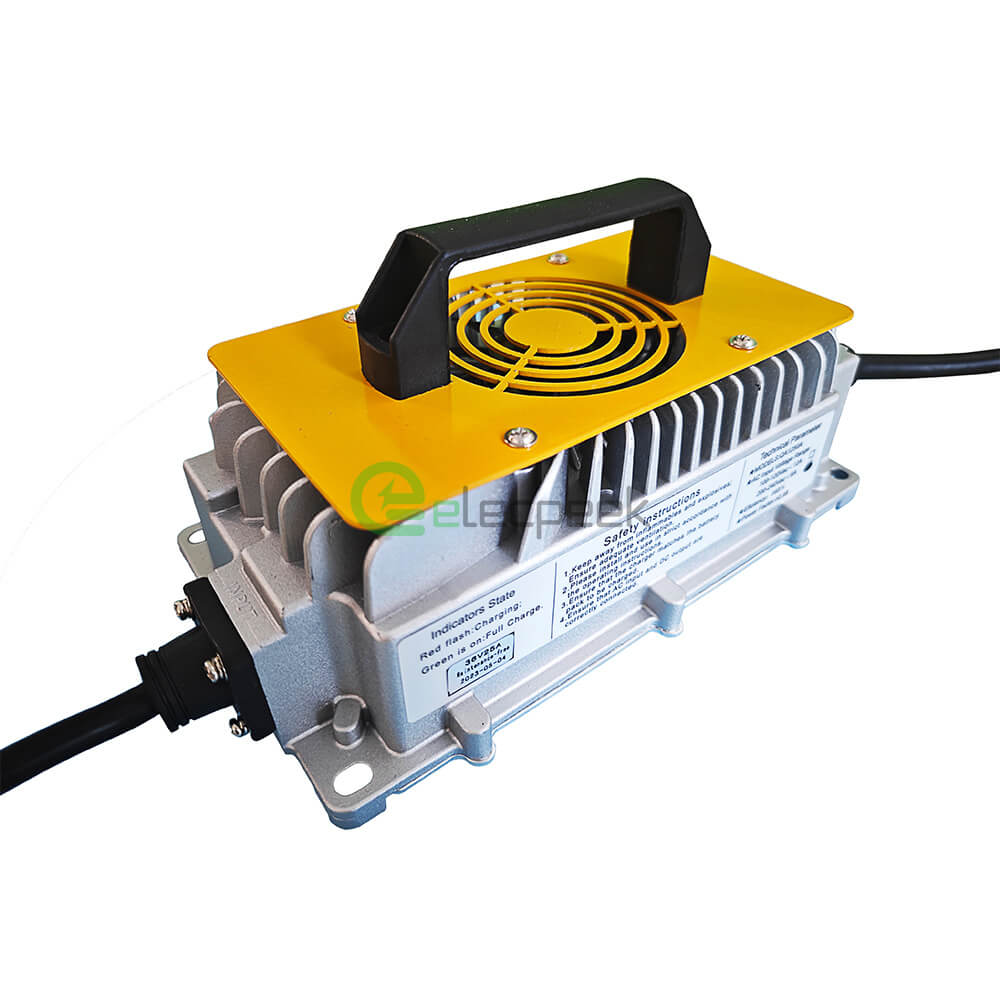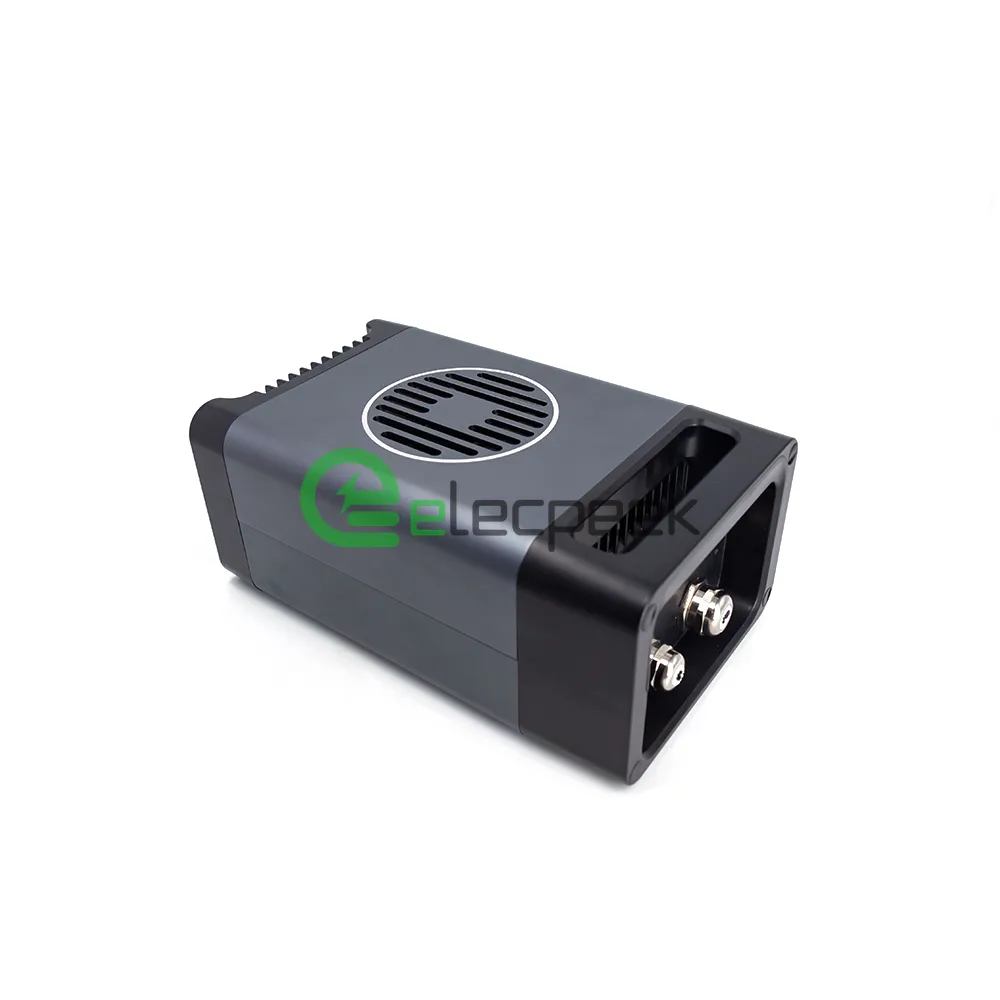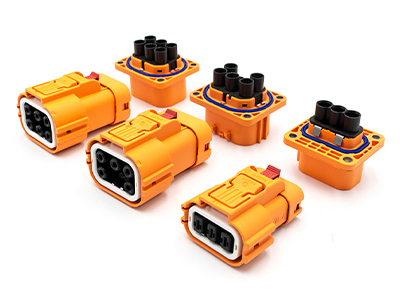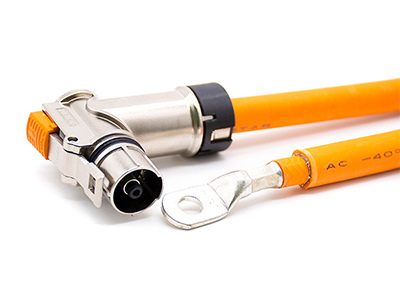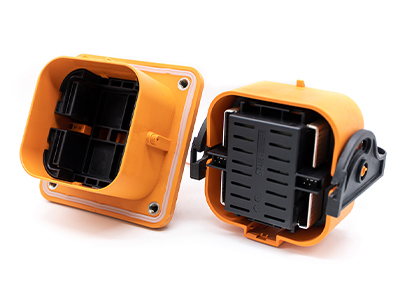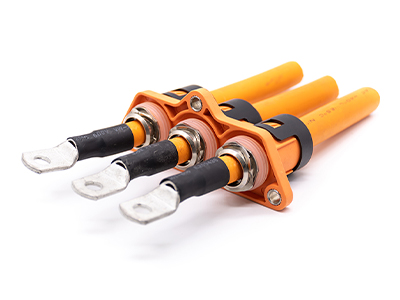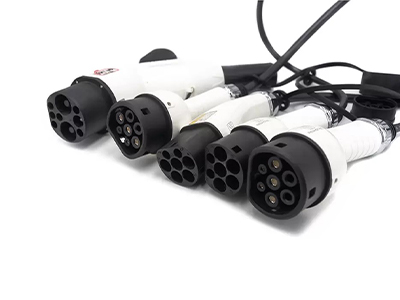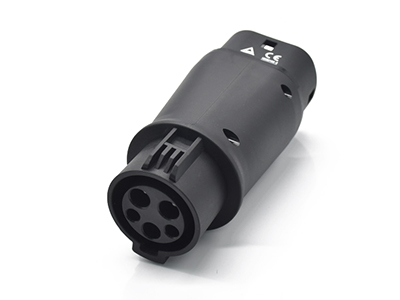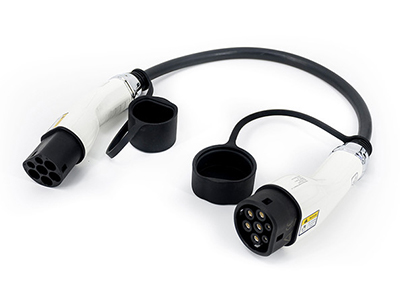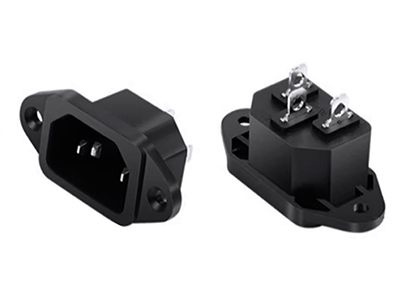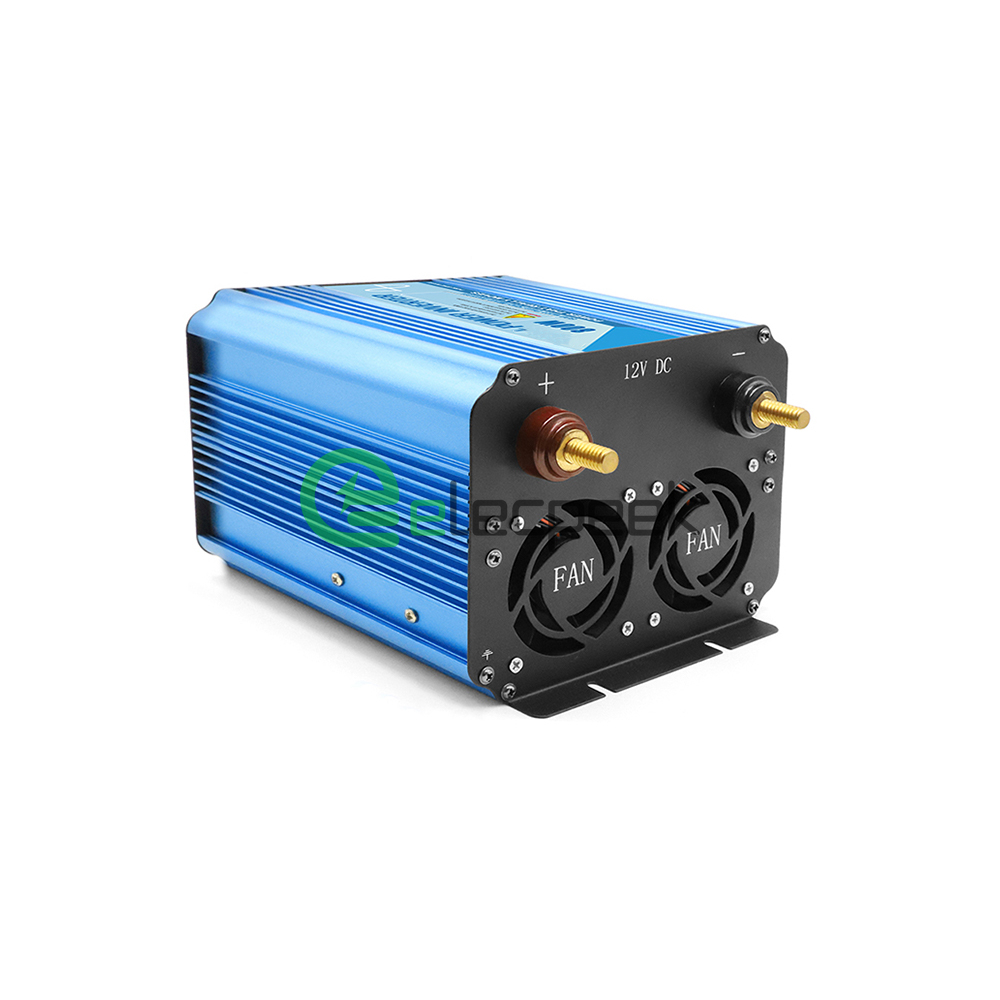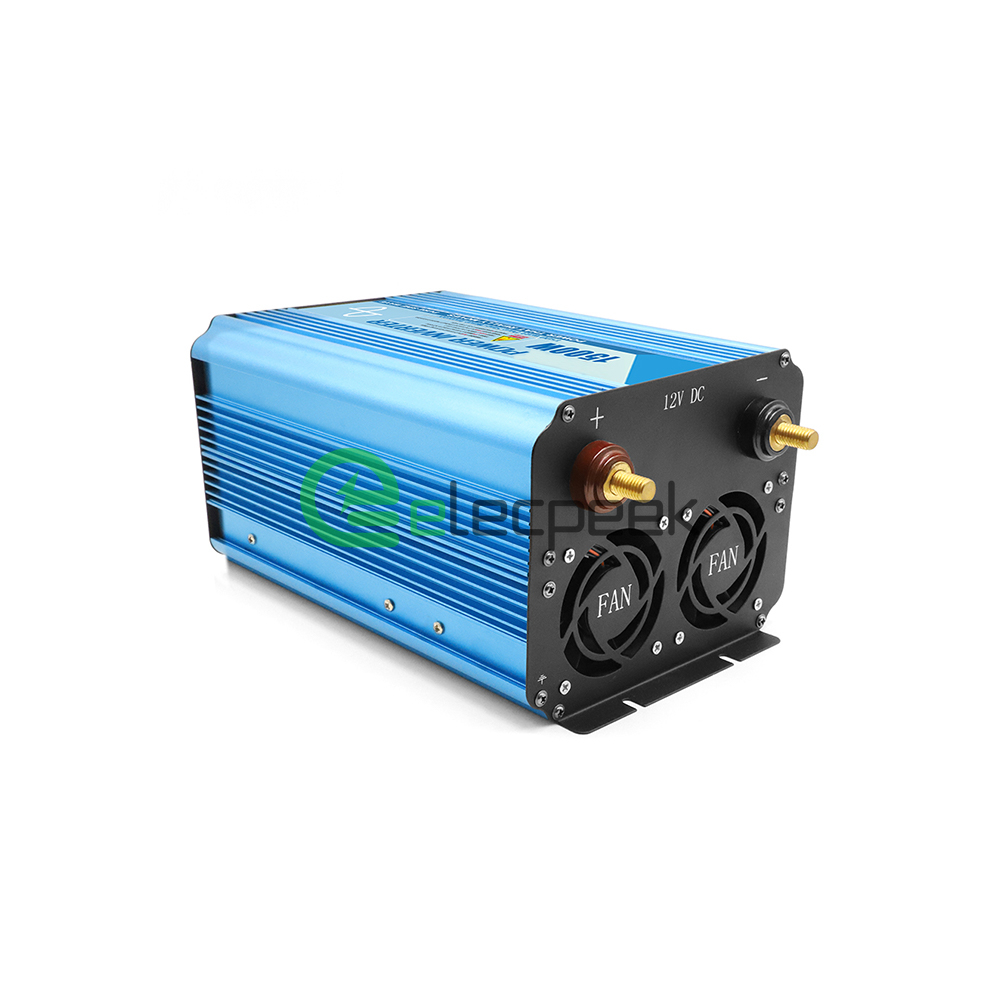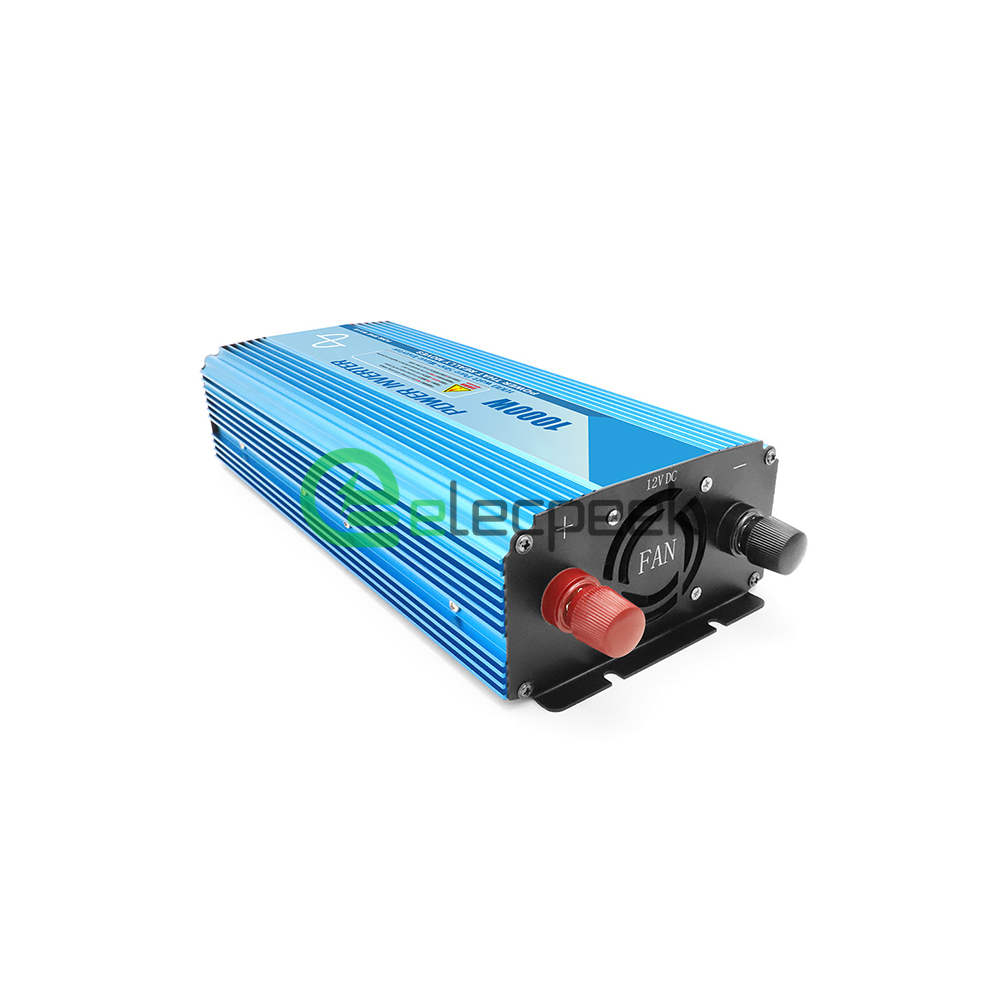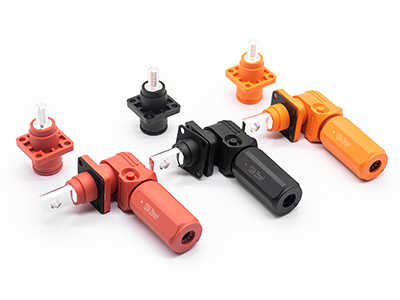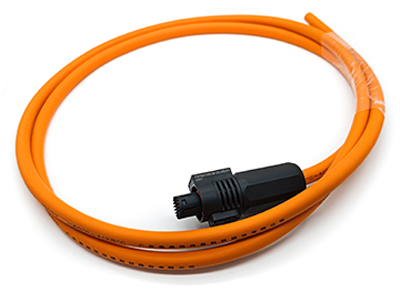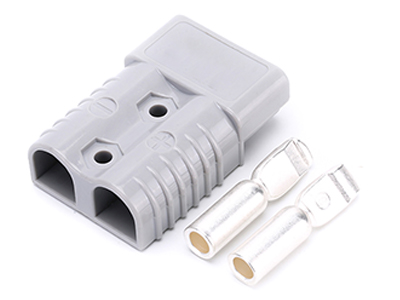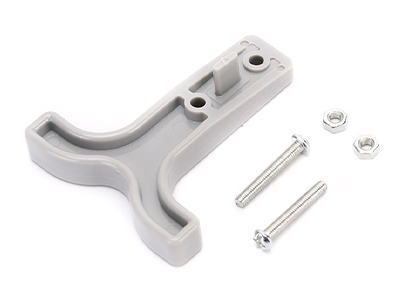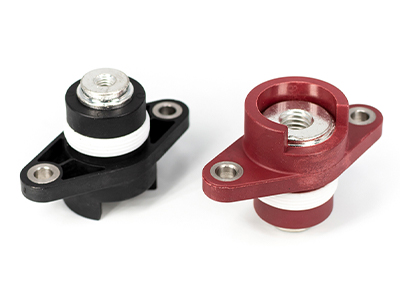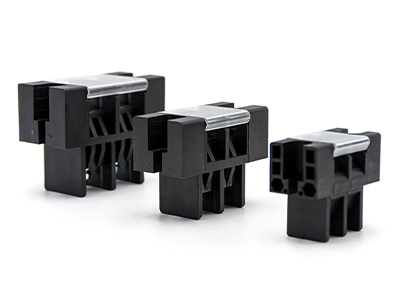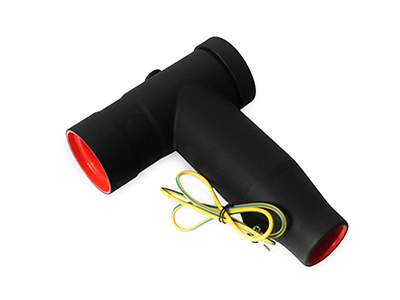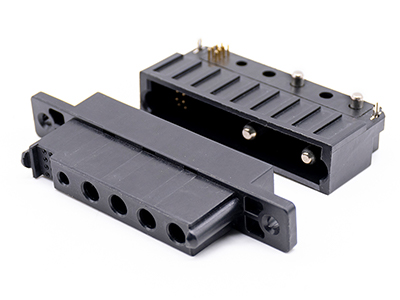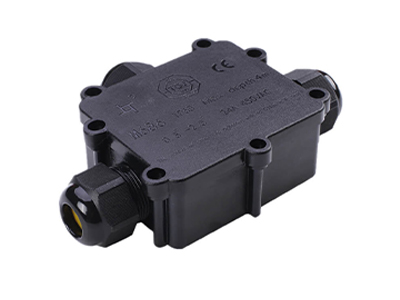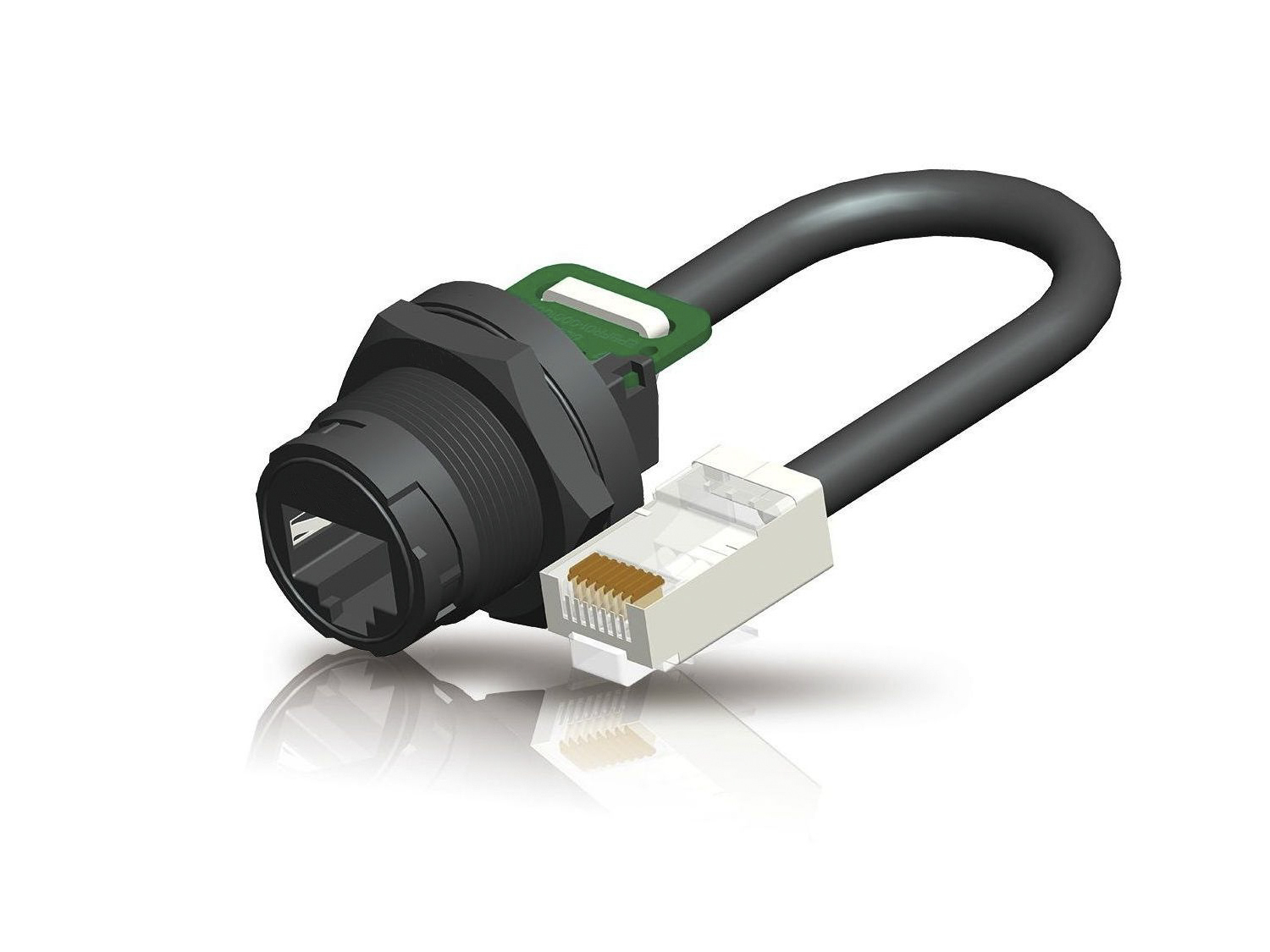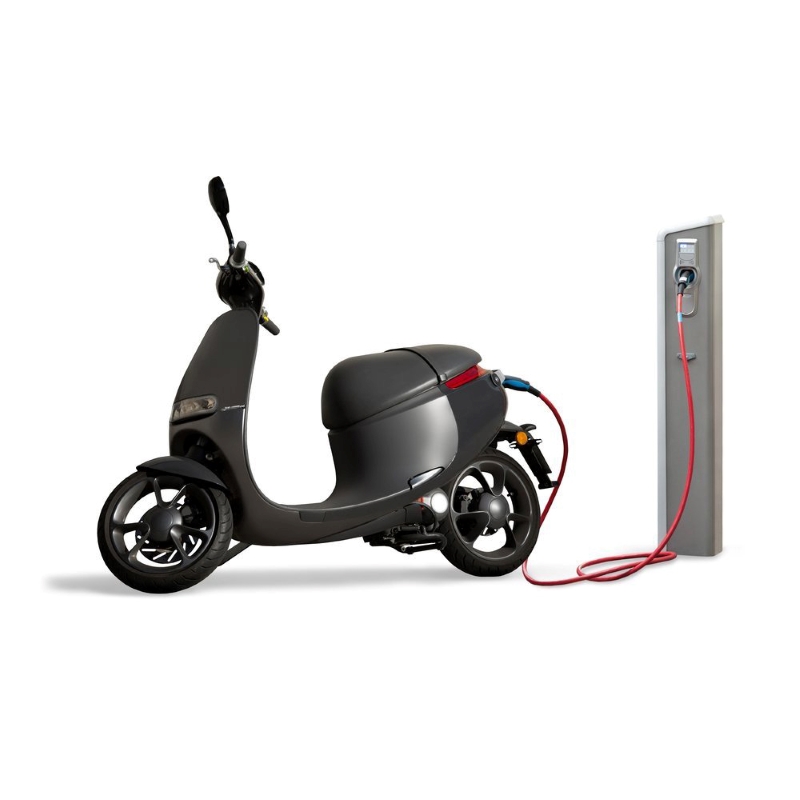News
How much is a home electric car charger?
As electric vehicles (EVs) become increasingly popular, many people are considering installing a home charging station. A home electric car charger allows EV owners to conveniently and quickly charge their vehicles at home, avoiding the need to visit public charging stations.
But how much does a home electric car charger cost? The answer depends on several factors, including the type of charger, installation costs, and available incentives.
Types of Home EV Charging Connectors
There are two main types of home electric car chargers: Level 1 and Level 2. Level 1 chargers use a standard 120-volt outlet and typically provide a charging rate of around 4-5 miles of range per hour. These chargers are often included with the purchase of an EV and do not require any additional installation costs.
Level 2 chargers, on the other hand, require a 240-volt circuit and provide a much faster charging rate of around 20-30 miles of range per hour. These chargers are usually sold separately from the vehicle and require professional installation.
Cost of Level 2 Home EV Charging Connectors
The cost of a Level 2 home electric car charger can vary widely depending on the brand, features, and installation requirements. Generally, the cost of the charger itself ranges from $300 to $1,500. However, installation costs can add $300 to $1,500, depending on factors such as the distance from the electrical panel to the charging location, the need for a new electrical panel or circuit breaker, and any necessary upgrades to the electrical system.
Some utility companies also offer incentives for EV owners who install a home charging station. Depending on the location and utility provider, these incentives can range from a few hundred to several thousand dollars.
Factors to Consider When Choosing a Home EV Charging Connector
When choosing a home electric car charger, several factors must be considered. These include:
- 1. Charging Speed: Level 2 chargers provide a much faster charging rate than Level 1 chargers but are more expensive and require professional installation.
- 2. Brand: Several home electric car chargers are available, each with different features and price points. It’s important to research and compares different brands to find the best fit for your needs and budget.
- 3. Installation Costs: Installation costs can vary widely depending on the distance from the electrical panel to the charging location, the need for a new electrical panel or circuit breaker, and any necessary upgrades to the electrical system.
- 4. Available Incentives: Some utility companies offer incentives for EV owners who install a home charging station. It’s worth researching available incentives to help offset the cost of the charger and installation.
What kind of EV Charging Connectors is suitable?
When it comes to home electric car chargers, there are many options to choose from. One option to consider is the EV Charger SAE J1772 Standards Plug AC Charging Connector. This charger offers a 40A 240V single-phase charging capacity, making it a great option for electric vehicles.
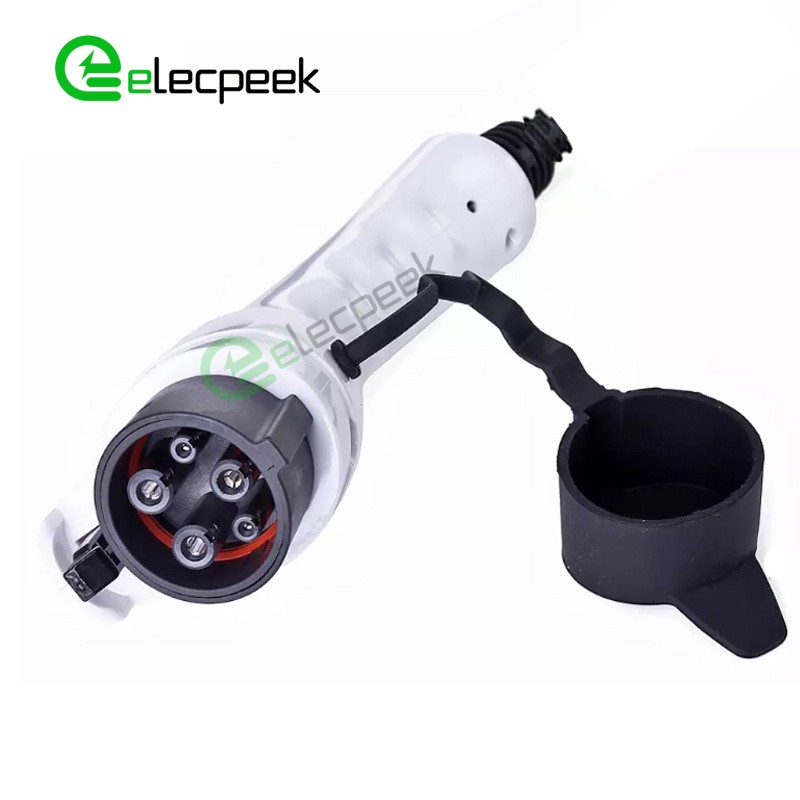
The EV Charger SAE J1772 Standards Plug AC Charging Connector is designed with a durable and reliable construction, ensuring that it can withstand regular use over time. It also features an easy-to-use design with a simple plug-in and charge process, making it a convenient option for busy drivers.
This charging connector also complies with SAE J1772 standards, ensuring that it meets the industry’s highest safety and performance standards. It is also compatible with a wide range of electric vehicles, making it a versatile option for drivers.
Overall, the EV Charger SAE J1772 Standards Plug AC Charging Connector is an excellent option for those looking for a reliable, convenient, and safe home electric car charger. With its high-quality construction and affordable price point, it is sure to provide years of reliable charging for your electric vehicle.

